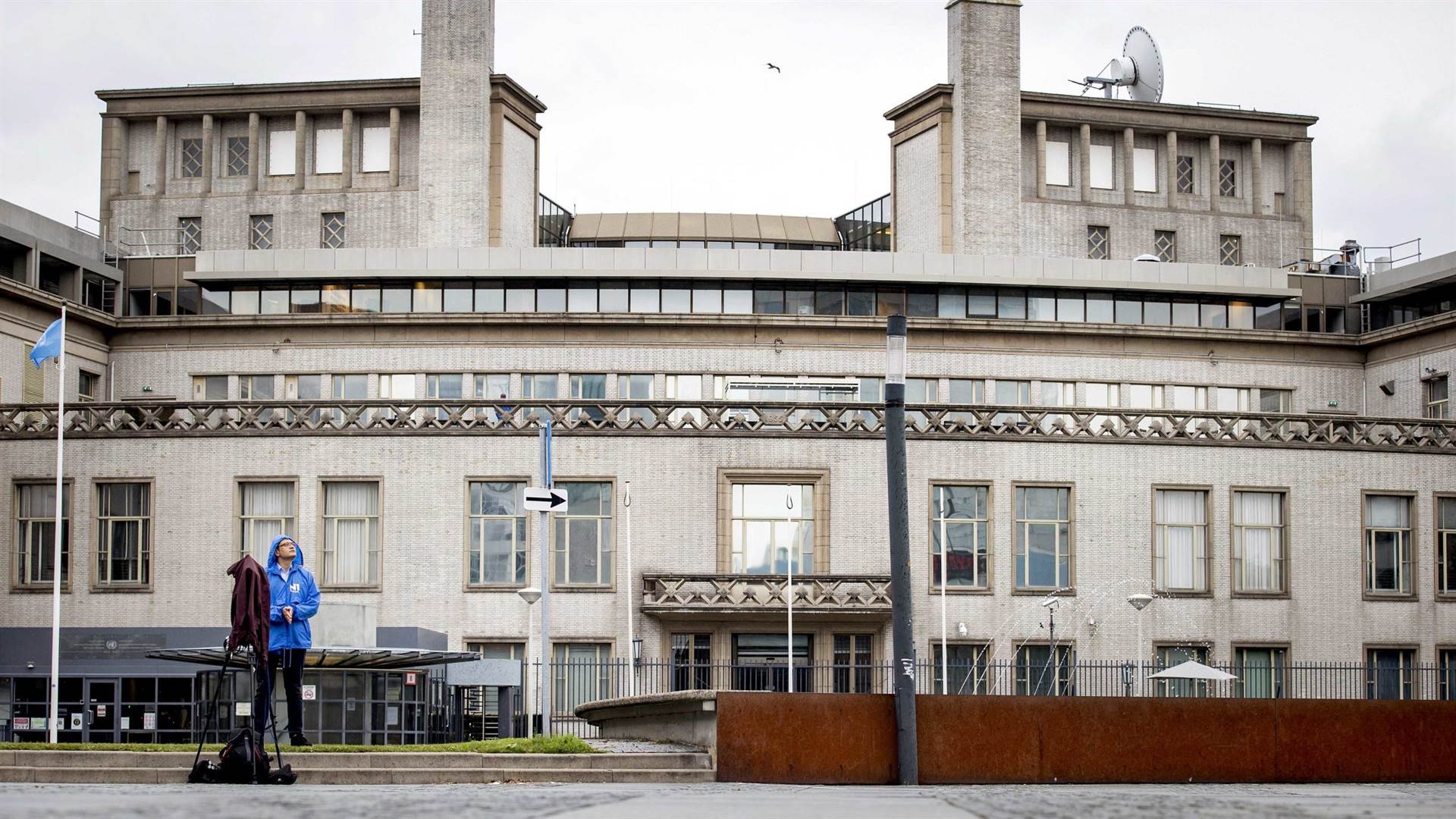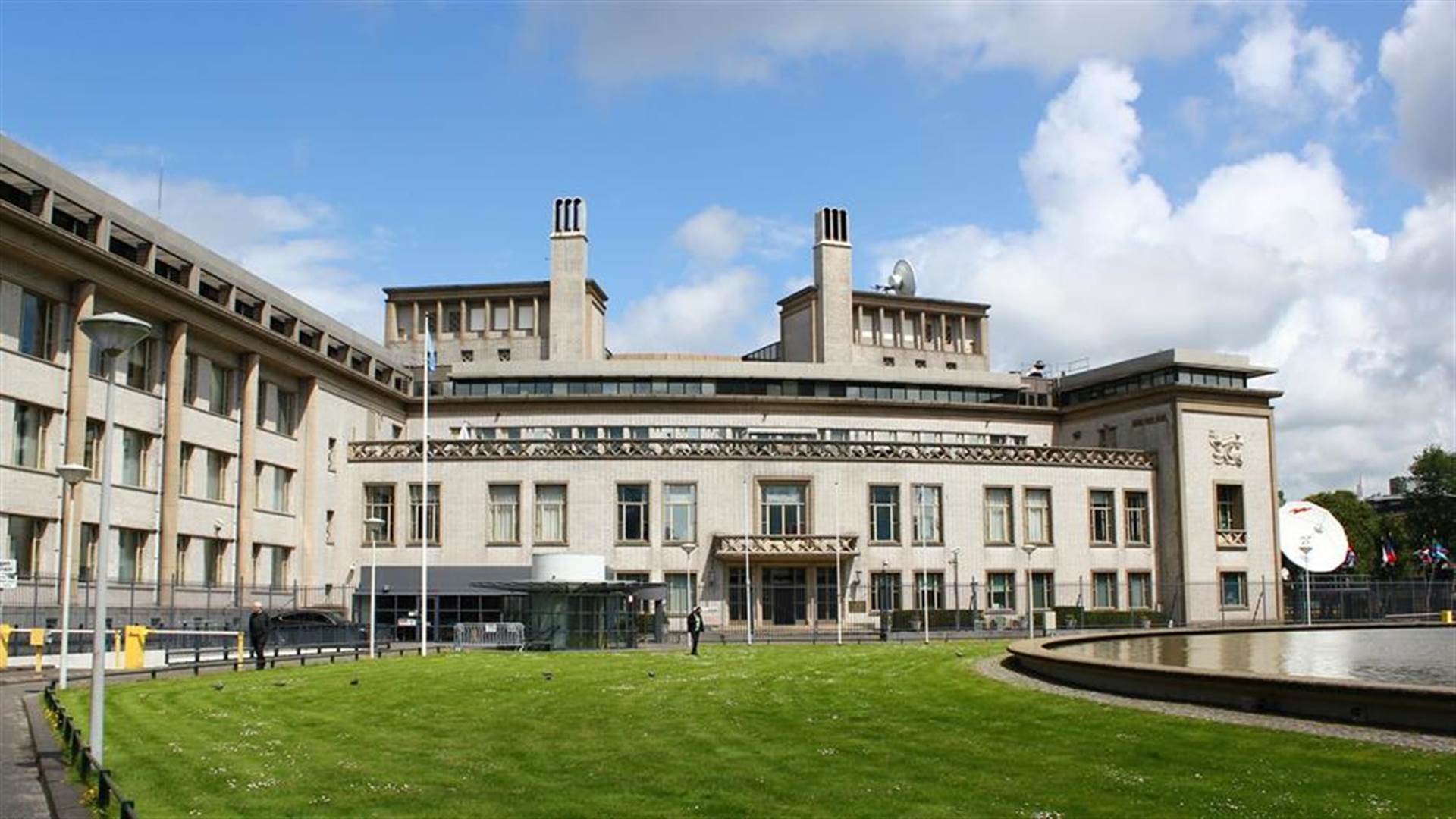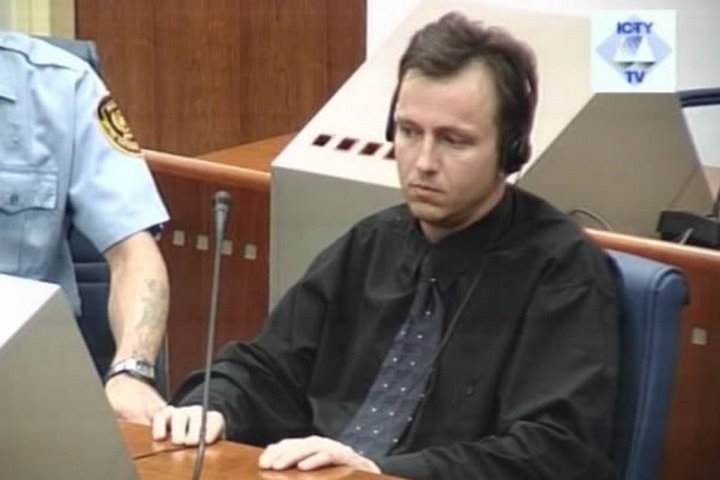The UN court has again rejected a plea for early release from prison for Goran Jelisic, a detention camp guard during the Bosnian war who once described himself as a...
Former detention camp guard Goran Jelisic, who described himself as a ‘Serb Adolf Hitler’, was refused early release from prison, where he is serving 40 years for crimes against humanity.
The prosecution urged a conviction for Monika Karan-Ilic, one of the only women being tried in Bosnia for war crimes, but the defence said she wasnt guilty of torturing detention...
As the trial of Monika Karan-Ilic continues before the Basic Court of Brcko District, a Defence witness says that he heard that Goran Jelisic mistreated the indictee in 1992.
The first three Defence witnesses, who testify at the trial of Monika Karan-Ilic before the Brcko Basic Court, say that the indictee was in her fathers house at the beginning...
A Brcko District Prosecution witness says that indictee Monika Karan-Ilic threatened him and said that she would kill him at the Police Station in Brcko in May 1992.
Testifying in his defence before the Basic Court of Brcko District, Branko Pudic says that he witnessed the beating of prisoners in Luka detention camp in May and June 1992,...
Testifying at the trial of Radovan Karadzic, a Hague Prosecution witness says that police and civil authorities were not able to control the organised groups, whose members caused problems in...
A Hague Prosecution witness says at the trial of Radovan Karadzic that he spent about a month in detention in Brcko during the course of 1992.


